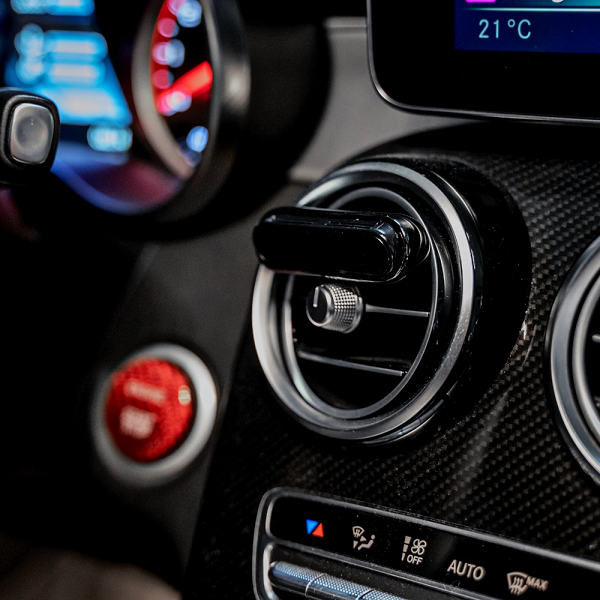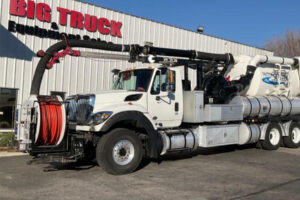The History of Car Air Fresheners and Their Evolution

Car air fresheners have evolved from simple deodorizers to luxury accessories that enhance the driving experience. This article explores their history and transformation.
Early Beginnings
In the early 20th century, as cars became popular, maintaining a pleasant-smelling interior became essential. Early solutions involved natural elements like herbs and citrus peels. The first commercial air freshener appeared in the late 1950s, invented by Julius Sämann. Inspired by essential oils and natural scents, Sämann created the iconic tree-shaped Little Trees air freshener, which quickly became very popular.
Evolution of Car Air Fresheners
During the 1960s and 1970s, the market for car air fresheners expanded with new scents and designs. Products like vent clips, gel-based fresheners, and aerosol sprays became popular. The 1980s saw the introduction of scented oils and diffusers, offering more consistent and long-lasting fragrances.
The Rise of Luxury Car Air Fresheners
In the 1990s, premium brands emerged, focusing on high-quality ingredients and sophisticated scents. These products were marketed as essential accessories that enhanced the driving experience. By the early 2000s, collaborations between air freshener manufacturers and luxury fragrance brands, such as Chanel and Dior, elevated car air fresheners to luxury items, reflecting the same elegance found in high-end personal fragrances.
Modern Innovations
Smart technology has revolutionized the car air freshener industry. Modern smart air fresheners can be controlled via smartphone apps, allowing users to adjust scent intensity and monitor usage. The demand for sustainable and eco-friendly car air fresheners has also increased. Manufacturers now offer products made from natural ingredients, recyclable materials, and refillable containers.
Smul: A Pioneer in Luxury Car Air Fresheners
Smul has significantly impacted the luxury car air freshener market. Known for quality and innovation, Smul combines exquisite fragrances with sleek designs. Their product line includes scented vent clips, premium scented oils, and refillable diffusers, all emphasizing sustainability. Smul uses natural ingredients and recyclable materials, ensuring luxury without compromising environmental values.
Conclusion
Car air fresheners have evolved from simple deodorizers to sophisticated, luxurious products that enhance the driving experience. Brands like Smul have played a pivotal role in this evolution, offering high-end, sustainable options. The car air freshener market is likely to see more innovative and luxurious offerings in the future, reflecting a broader trend towards personalization and luxury in the automotive industry




